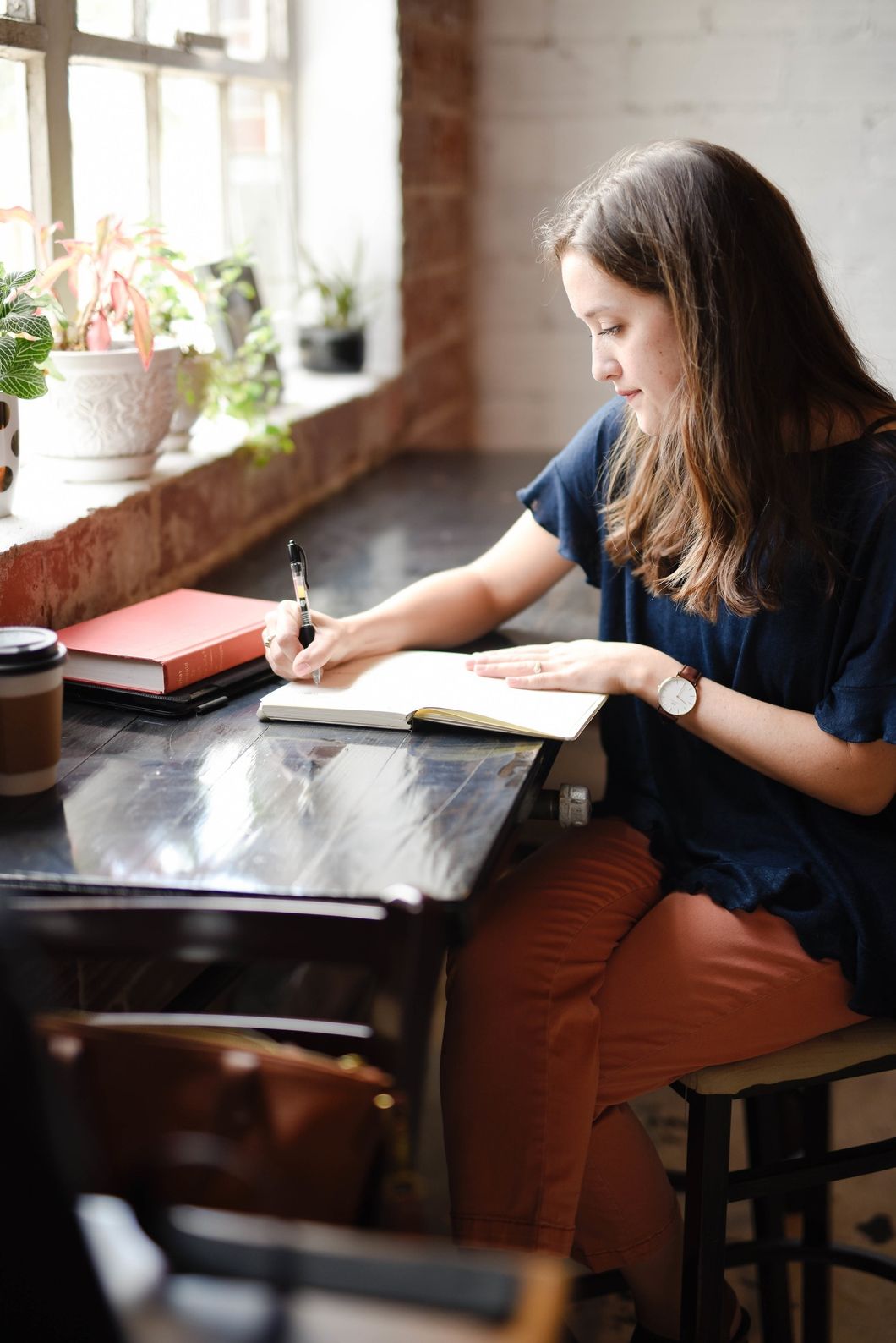When I first started learning about journalism in high school, one of my favorite topics to study was media ethics. It's so fascinating to see how the world is affected after a major story breaks and the different ways that the press is protected in the United States in order to protect the people we write about.
I believe that the job of the press will first and foremost always be to inform the public. This is a very broad statement because there are a lot of different ways to let people know about something, and oftentimes the reasoning can have biased undertones. For example, if you're in a performance group, then chances are that you're going to bombard your friends' social media with reminders about a show because you want them to attend (guilty).
I know I'm also one to talk when the majority of the content I write for Odyssey are opinion pieces, but I never insert my own opinions into straight reports because it's not my place to do that. I try my best to present all sides and perspectives, so readers to know the whole story. Even so, I still question the minute details of my biases in the way I present the information or the sources that I cite.
The responsibility doesn't stop there though. This past term, I learned the difference between taking photos for a photo shoot and taking photos for a journalistic story. It's okay for freelance photographers to tell their subjects how to pose for something like wedding photos, but it's unethical to do the same when taking photos as a journalist because it's considered twisting the story. Sometimes you're just going to have to wait to get the shot you want.
The first amendment is key for journalists to be able to keep the government in check outside of the separation of powers system. Plus, while everyone has a story to tell, not all of them wish to have their name out there for privacy and sometimes even safety reasons. We are protected by law from being coerced into releasing information about our subjects without their consent which helps to diminish manipulation.
However, in this day and age in America, there is a lot of fake news out there pushed out by all parts of the political spectrum. These people have no place among the honest journalists, yet they give us a bad name nonetheless. Devil's advocates may say that they have a right to free speech which is true, but free speech does not equal freedom from consequences. Dishonest reporters will be called out and will have a hard time finding any work in this field again because of how seriously the ethics are taken.
I believe most people, myself included, thinking that there is nothing wrong with them. I study journalism to help others, but at the same time, it helps me become a better person. Not all stories are exciting, but sensationalizing them or twisting the facts to push a certain agenda is despicable. Honest journalism allows for free-thinking atmospheres, but it also holds us all accountable when needed.

















